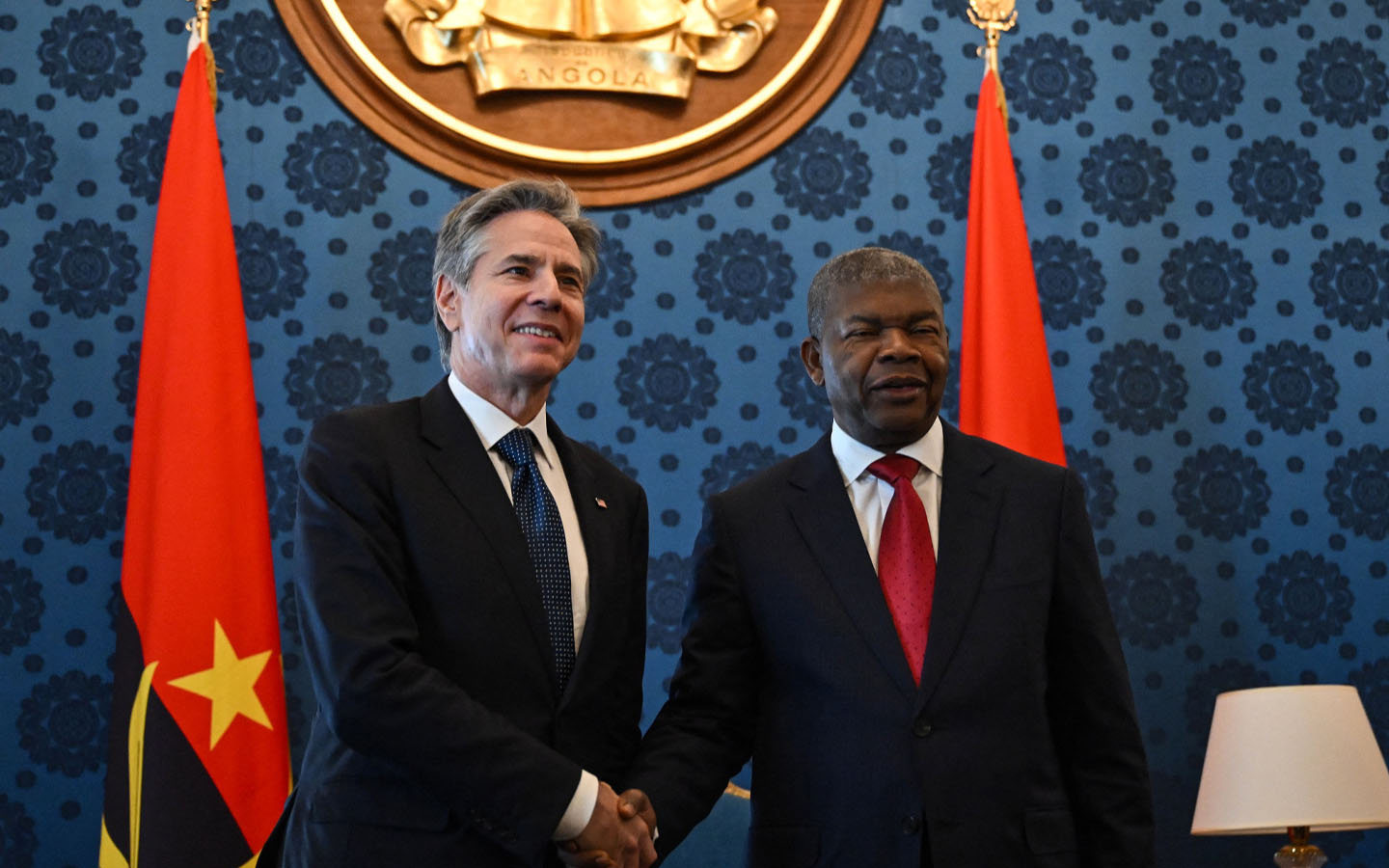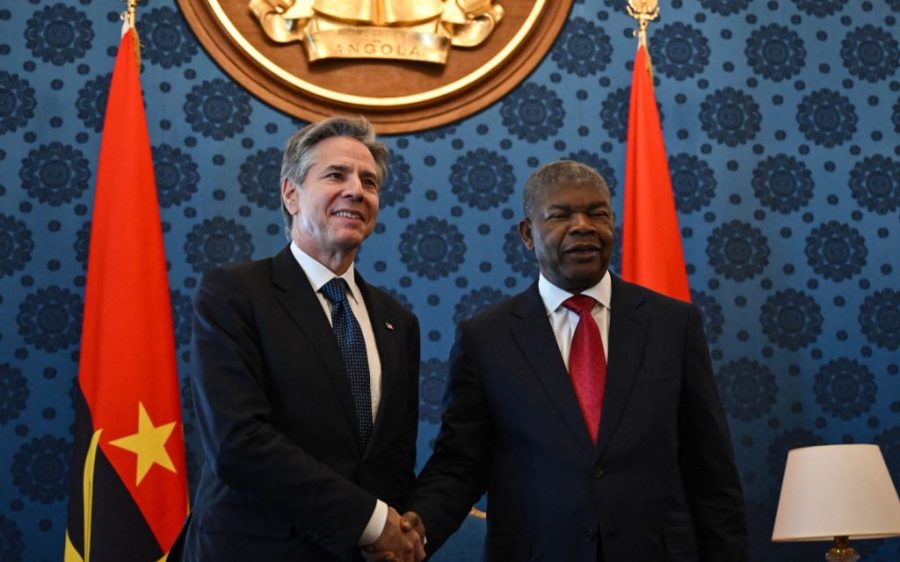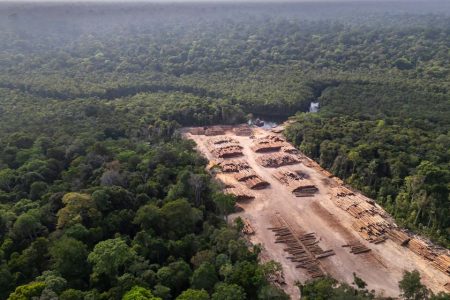US Secretary of State Antony Blinken ended his African tour last week in Angola where relations are “stronger and more consequential” than at any other time in the two countries’ 30-year history of diplomatic relations, reports Lusa.
Blinken enjoyed a “productive conversation” with Angolan President João Lourenço on the topics of climate change and food security, as well as the Lobito Corridor, an infrastructural project to connect the Democratic Republic of the Congo (DRC) to Angola, financed by the US.
The two also discussed health and renewable energy, as well as the issue of peace on the continent. Angola has played an important role in mediating the conflict in the eastern DRC, with the president taking the role of lead negotiator for the African Union. Both the US and EU have backed the talks.
[See more: Using infrastructural investment, the US vies with China in Angola]
An initial investment of US$250 million by the United States to refurbish the existing 1,300-km rail line between Lobito and the DRC came in May of last year, with subsequent agreements with both the US and EU covering the construction of an 800-km extension to loop in neighbouring Zambia.
The Lobito Corridor project will allow the resource-rich DRC and Zambia to transport copper, cobalt and other critical minerals to the port of Lobito on the Angolan coast, strengthening the pipeline of materials needed for sustainable energy transition. Blinken was pleased to observe the “dramatic progress” made on the project during his trip, noting that the corridor would also spur investment in telecommunications, agriculture and other sectors.
Washington has ignored Africa for decades in a policy some have described as “malign neglect.” This has allowed geopolitical rival Beijing to make major diplomatic and economic gains on the continent, forcing the US into a belated game of catch-up.






